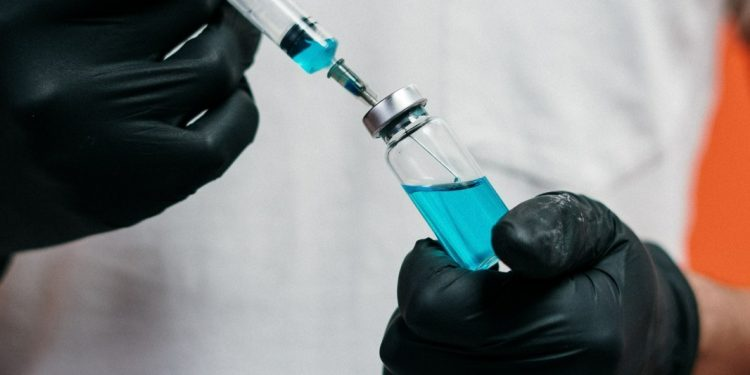In my lifetime, the recurring promise of a technologically advanced and scientifically enlightened future has often failed to materialize.
The anticipation of science solving all our problems has been met with disappointment, revealing a more complex reality. Technological advancements, particularly in healthcare, have faced obstacles that extend beyond scientific challenges.
One glaring example lies in the realm of vaccines and the pharmaceutical industry. While promises of groundbreaking solutions, such as miraculous vaccines during the COVID-19 pandemic, were made, the actual development and deployment were marred by issues. Unpatentable solutions like ivermectin and hydroxychloroquine faced suppression, revealing a side of the industry driven more by profit than genuine public health concerns.
The field of data, particularly in Silicon Valley, echoes a similar sentiment – the belief that “more data” is the panacea to societal problems. However, when data threatens financial interests, it often remains buried. Recent revelations about rushed vaccine development, warnings from FDA scientists, and subsequent suppression of adverse data exemplify this pattern.
The vaccine industry, adapting to protect its interests, implemented strategies that favored business over safety:
- Legalizing direct-to-consumer pharmaceutical advertising in 1997 shifted control to industry giants, limiting critical media coverage on vaccination issues.
- Vaccine manufacturers gained liability exemption, reducing the motivation to ensure safer vaccine production.
- Collaborations between the vaccine industry and the FDA led to regulations for “emergency” vaccines that waived safety and efficacy requirements.
The 1986 Act addressing vaccine injuries had provisions aimed at ensuring safety and efficacy. However, non-compliance and lack of enforcement allowed the industry to evade creating safer vaccines. The mandated reporting of vaccine injuries gave rise to VAERS, a system critical for assessing vaccine safety, but its credibility has been consistently attacked.
The narrative of “more data” being our salvation is challenged. Governments, pharmaceutical companies, and even regulatory bodies have shown a propensity to manipulate or withhold data that contradicts the narrative of vaccines being universally “safe and effective.”
During the COVID-19 pandemic, the dearth of transparent data led to reliance on alternative sources:
- Anecdotal reports, dismissed by some as lacking credibility, highlighted a significant number of vaccine injuries.
- Clinical trial data, often manipulated by pharmaceutical companies, necessitates independent scrutiny.
- Population-wide datasets and leaked information through whistleblowers became crucial in assessing vaccine safety.
Steve Kirsch's efforts to obtain raw data, particularly from Medicare, revealed concerning trends in COVID-19 vaccine-related mortality. Analyses of New Zealand's data underscored the elevated risk of death associated with the COVID-19 vaccines, especially among the elderly.
The chain of events in marketing and selling the COVID vaccines reveals a predictable pattern of market saturation, rule changes, and the introduction of new markets. The acknowledgment of vaccine injuries and the potential shift towards proprietary pharmaceutical drugs for treatment may signal the approaching end of the vaccine era.
In conclusion, the journey through data, whistleblowers, and analyses paints a nuanced picture of the vaccine landscape. The data, often elusive and manipulated, demands scrutiny, transparency, and a reevaluation of the narrative surrounding vaccine safety. The quest for a better future through science and technology requires a commitment to genuine public welfare over corporate interests.
Read more at www.midwesterndoctor.com







